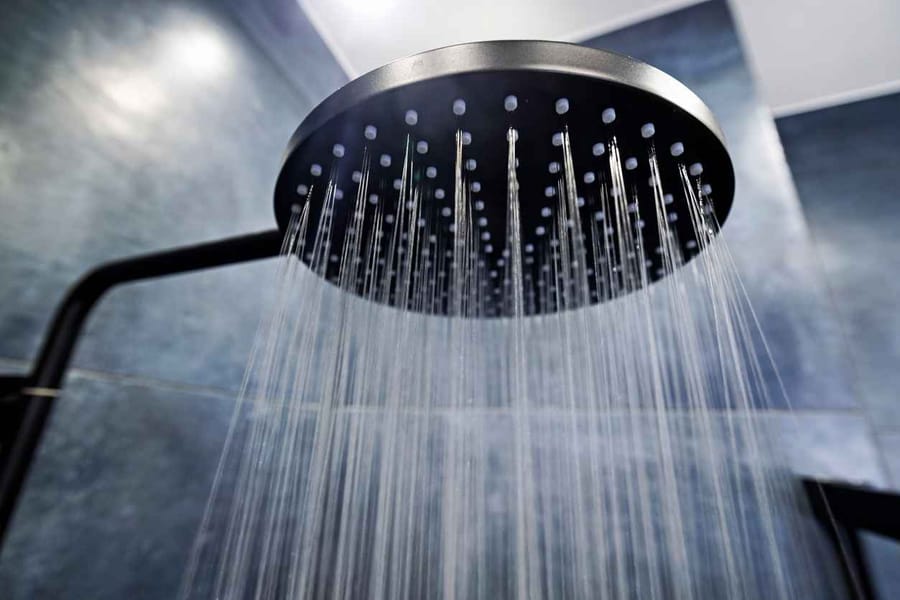absolute plumbing Inc.
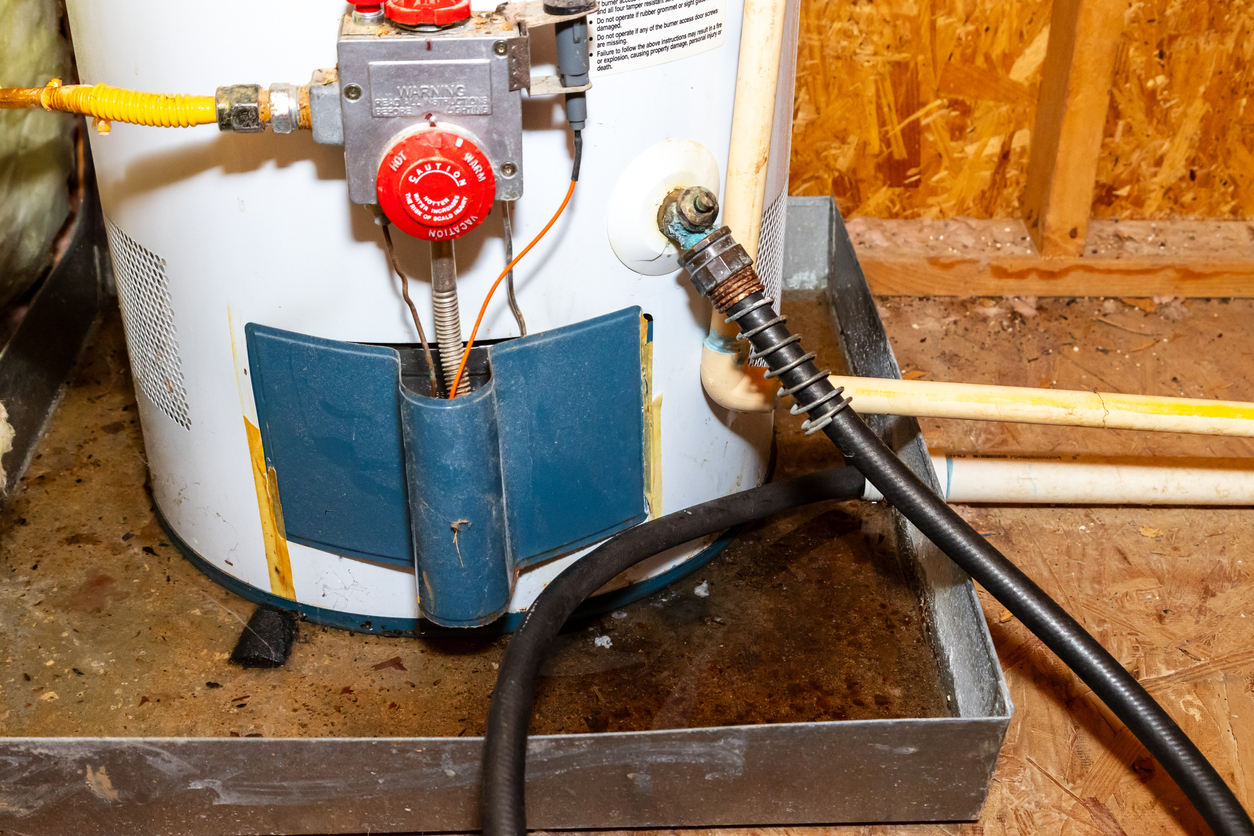
When to Replace a Water Heater: A Complete Guide
Your water heater is a vital component of your home, providing hot water for bathing, cleaning, and other essential tasks. But like any appliance, it doesn’t last forever. Knowing when to replace a water heater can save you from costly repairs, water damage, or even the inconvenience of suddenly being without hot water. In this blog, we’ll answer common questions like how long do water heaters last and explore the factors affecting the water heater lifespan to help you determine when it’s time to invest in a new unit.
How Long Do Water Heaters Last?
One of the most frequently asked questions by homeowners is, how long should a water heater last? On average, traditional tank water heaters have a lifespan of about 8 to 12 years, depending on factors such as maintenance, water quality, and the model of the heater. While tankless water heaters tend to last longer — up to 20 years — even the best models will eventually need replacement.
It’s important to note that even within that general range, the exact lifespan of your water heater may vary. Some water heaters may fail sooner due to a lack of regular maintenance or exposure to hard water. However, others that are well-maintained and installed correctly can last beyond the 12-year mark.
Signs It’s Time to Replace Your Water Heater
Even if your water heater hasn’t reached the end of its typical lifespan, there are several warning signs that it may be time to start shopping for a replacement. Here are some common indicators that your water heater is nearing the end of its useful life:
Age of the Unit
The first factor to consider is the age of your water heater. As mentioned, the average lifespan of a water heater is about 8 to 12 years for a tank model. If your water heater is approaching this age range or older, it’s worth keeping an eye on its performance. Consider replacing it before it fails to avoid an emergency situation.
Inconsistent Hot Water
Have you noticed that your showers are getting shorter or that you’re running out of hot water faster than usual? This could be a sign that your water heater is struggling to keep up with demand. Sediment buildup inside the tank can reduce the heater’s efficiency, causing it to deliver less hot water. If you frequently experience fluctuating water temperatures, it may be time for a replacement.
Strange Noises
Water heaters can develop unusual sounds, such as banging, popping, or rumbling, as they age. These noises are typically caused by sediment buildup inside the tank, which hardens over time and interferes with the unit’s heating elements. While flushing the tank may help temporarily, repeated occurrences could mean it’s time to replace your water heater.
Rusty Water
Rust-colored water coming from your faucets is a concerning sign. It often indicates that the inside of your water heater’s tank is corroding. While you can replace some internal components like the anode rod to prevent rust, once rust starts to form inside the tank, a replacement is usually necessary to avoid leaks.
Leaking Water Heater
Any signs of water pooling around the base of your water heater should be addressed immediately. Leaks are a major indicator that your water heater’s internal components are failing. While some leaks can be repaired, if the leak is coming from the tank itself, a full replacement is likely your only option.
High Energy Bills
An inefficient water heater can lead to increased energy consumption, which shows up in your utility bills. If you notice a sudden spike in your heating costs, it could be due to your aging water heater working harder to provide hot water. Newer models are much more energy-efficient, and replacing your old unit could result in significant savings over time.
Water Heater Maintenance Tips to Extend Lifespan
While it’s inevitable that you’ll eventually need to replace your water heater, there are steps you can take to extend its lifespan and delay the need for a new unit. Here are a few maintenance tips to help your water heater last longer:
Flush the Tank Regularly
Sediment buildup is one of the leading causes of water heater failure. Flushing your tank at least once a year can help remove sediment and keep your unit functioning efficiently.
Check the Anode Rod
The anode rod is a crucial component that helps prevent rust from forming inside your water heater. Inspecting and replacing the anode rod every few years can protect your tank from corrosion.
Adjust the Temperature
Setting your water heater’s temperature to around 120°F can help reduce wear and tear on the unit. Higher temperatures can cause the tank to overheat and fail prematurely.
Insulate the Tank
If you have an older water heater, consider adding an insulation blanket to improve its energy efficiency. Insulating your tank can help reduce heat loss and prevent the unit from overworking.
How to Choose a New Water Heater
If you’ve determined that it’s time to replace your water heater, it’s important to choose the right unit for your home. Here are some factors to consider when selecting a new water heater:
Tank vs. Tankless
Tank water heaters are the most common and store a large amount of hot water. Tankless models, on the other hand, heat water on demand and are more energy-efficient, but they typically come with a higher upfront cost.
Size of the Unit
The size of your water heater should depend on your household’s hot water needs. Larger families will benefit from a bigger tank, while smaller households may be able to get by with a smaller model or a tankless system.
Energy Efficiency
Look for water heaters with the Energy Star rating to ensure you’re getting an efficient model that will help lower your utility bills.
Fuel Type
Water heaters can run on gas, electricity, or even solar power. Choose a fuel type that’s compatible with your home and budget.
Conclusion
If your water heater is showing signs of wear or has reached the end of its expected lifespan, it’s time to consider a replacement. Investing in a new water heater can improve your home’s energy efficiency and ensure a reliable supply of hot water. Remember, regular maintenance can help extend the life of your water heater, but eventually, every unit will need to be replaced.
Wondering if it’s time to replace your water heater? Contact Absolute Plumbing today for expert advice and professional installation services. Our team is here to help with all your water heater needs, ensuring you have access to reliable hot water for years to come.
Recent News
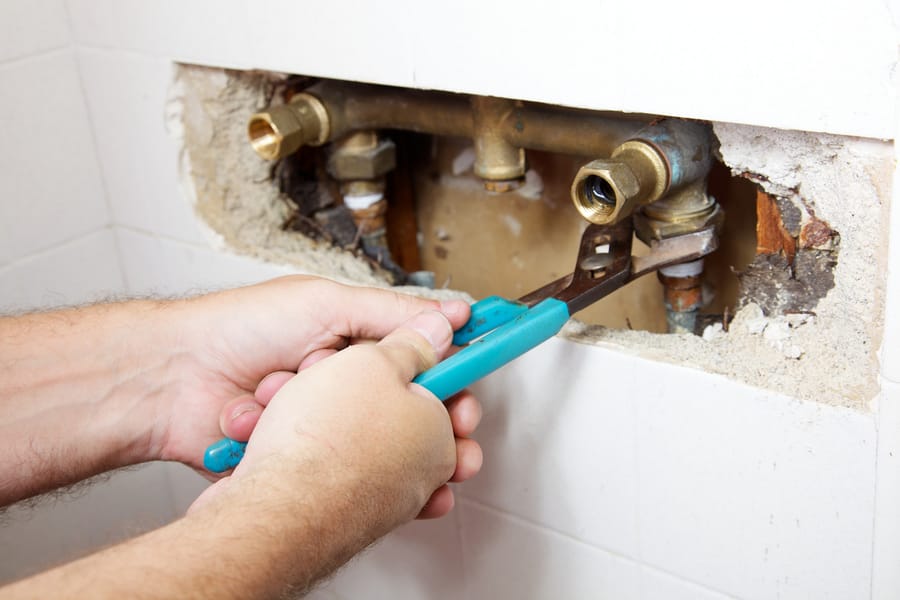
The Cost of Delay: How a Small Spring Leak Becomes a Summer Foundation Repair
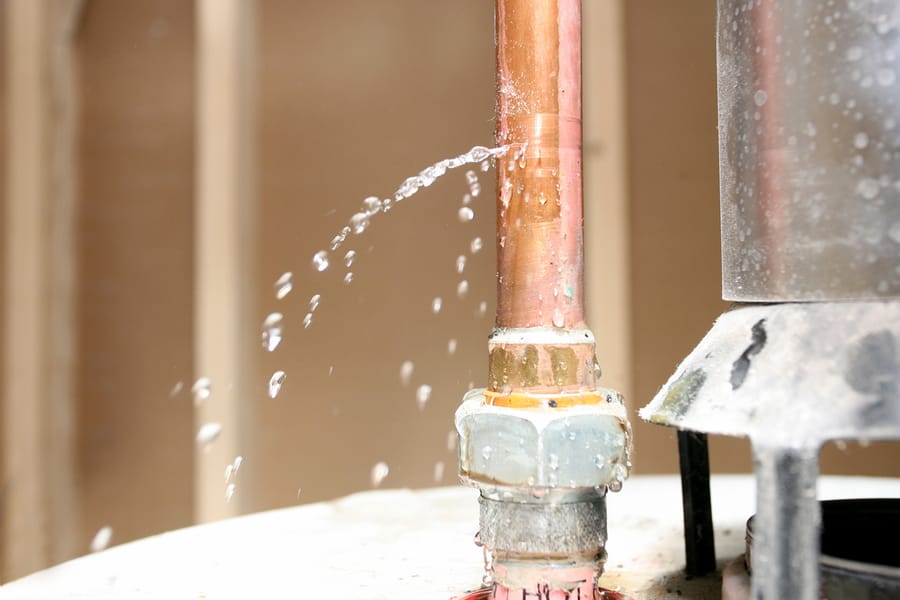
Why North Texas Homes Experience More Pipe Leaks in Winter and Early Spring
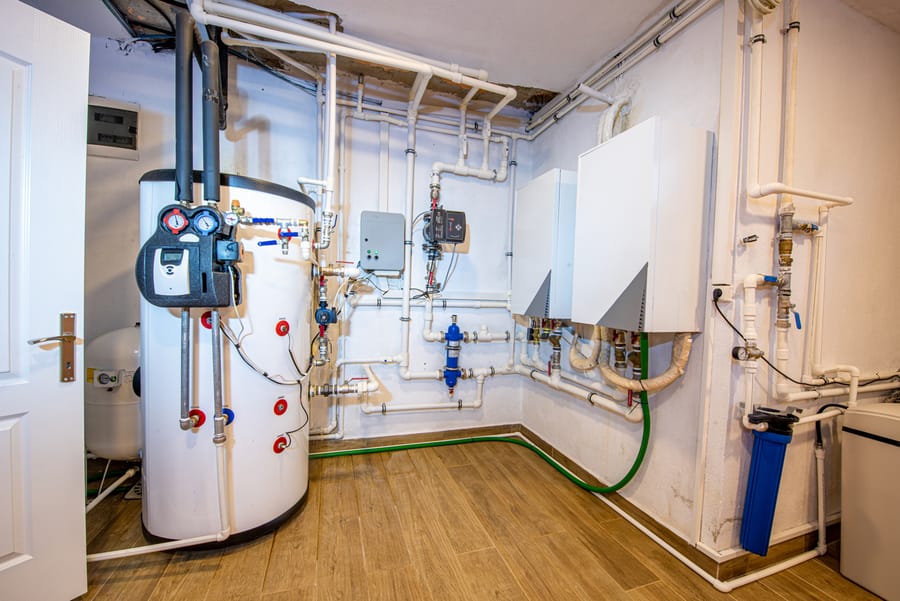
Why Your Water Heater Struggles More During Winter in Flower Mound
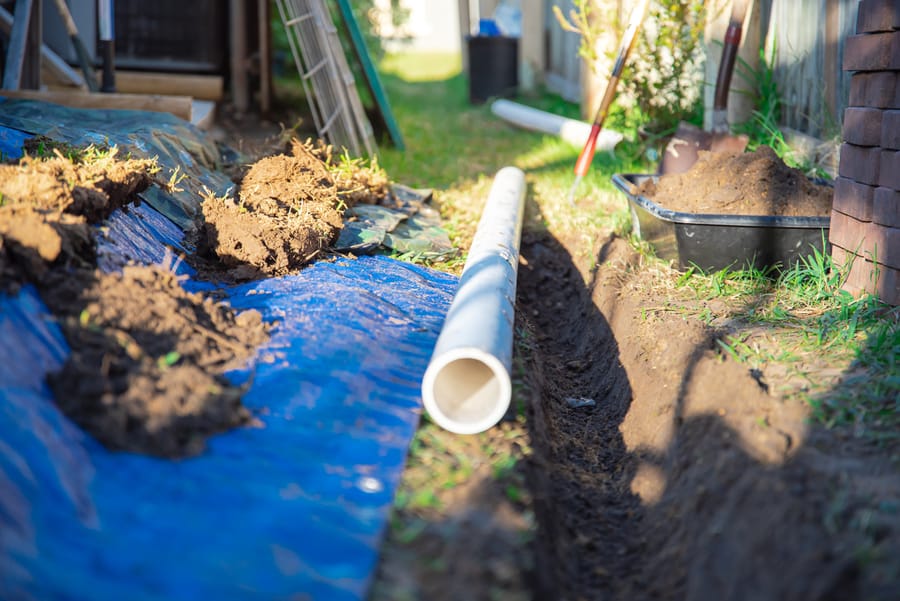
How Soil Shifting in North Texas Impacts Sewer Lines and Drains
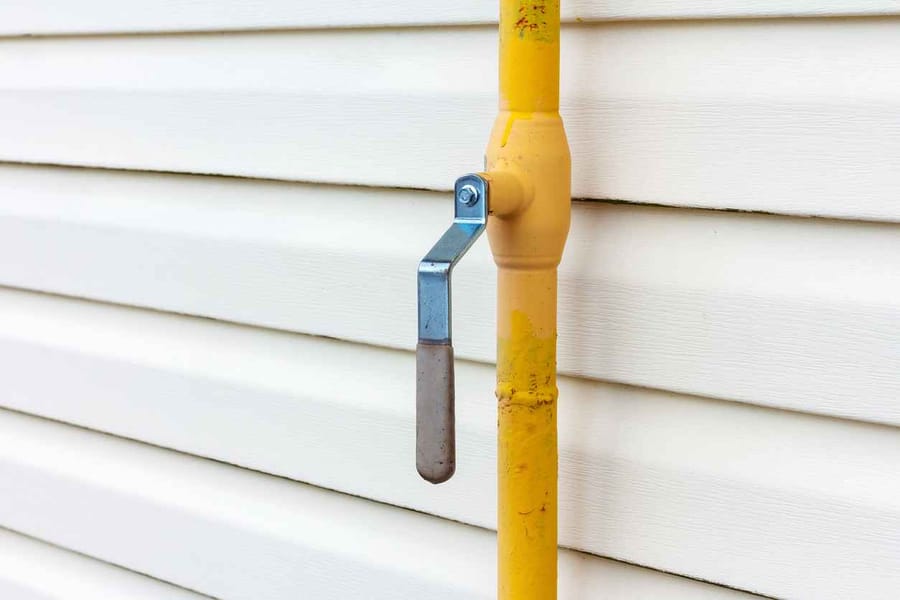
Gas Line Safety in Texas Homes: What to Do Before Cold Weather Arrives

Inside a Plumbing Inspection: What We Check and Why It Matters
